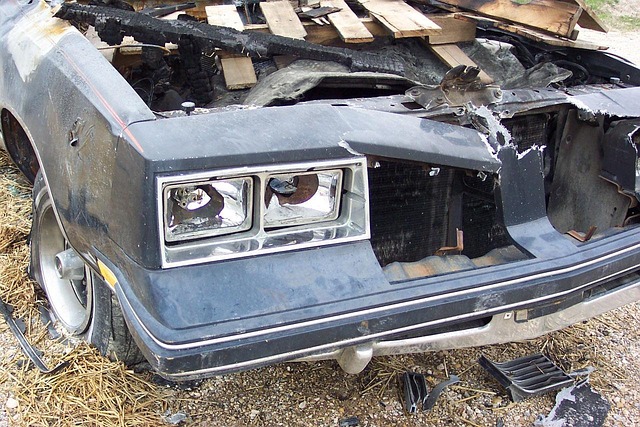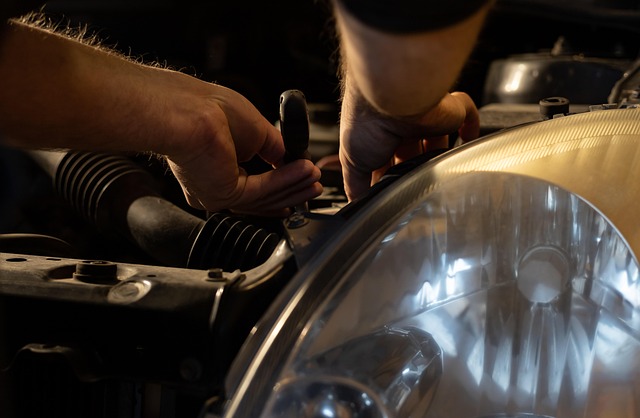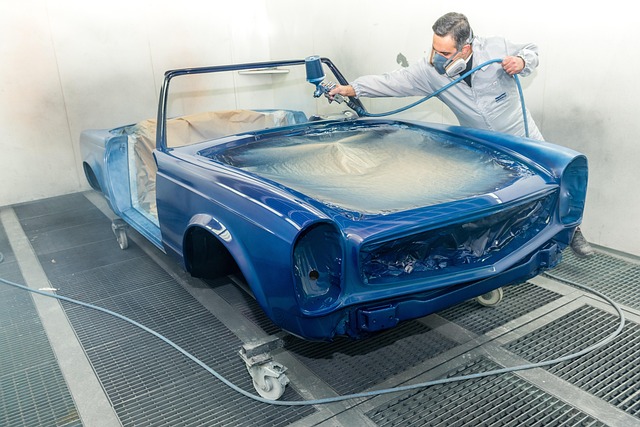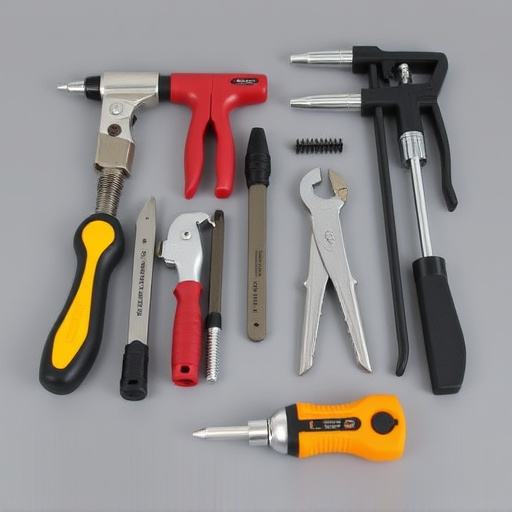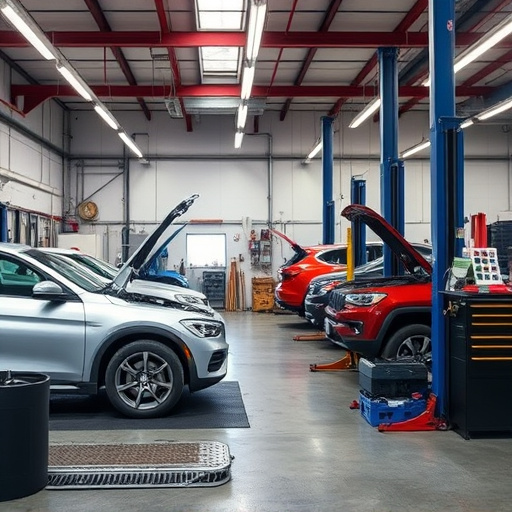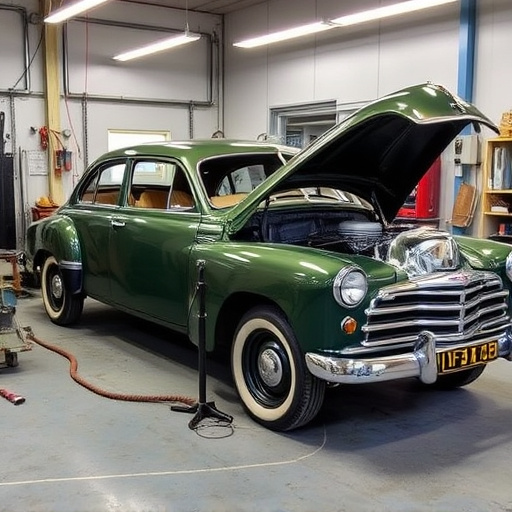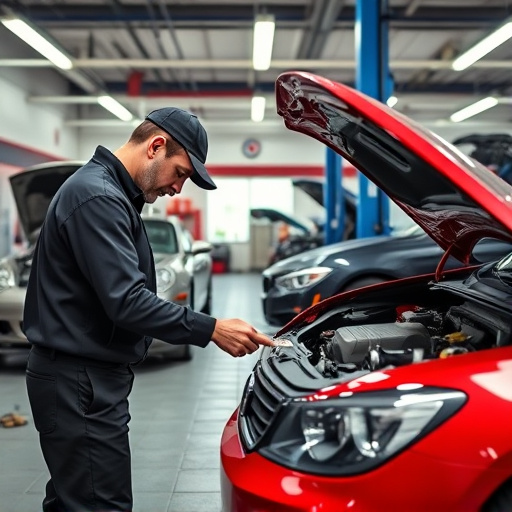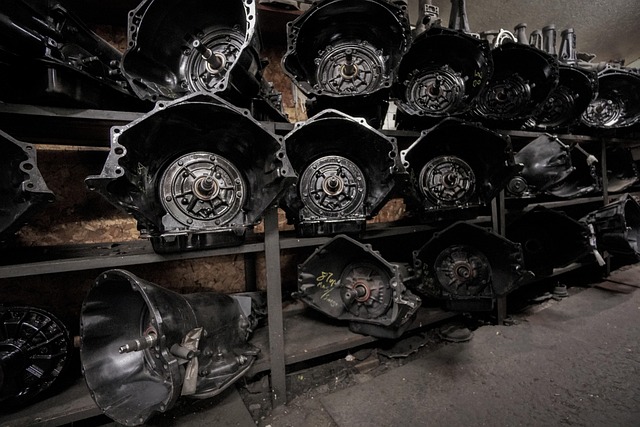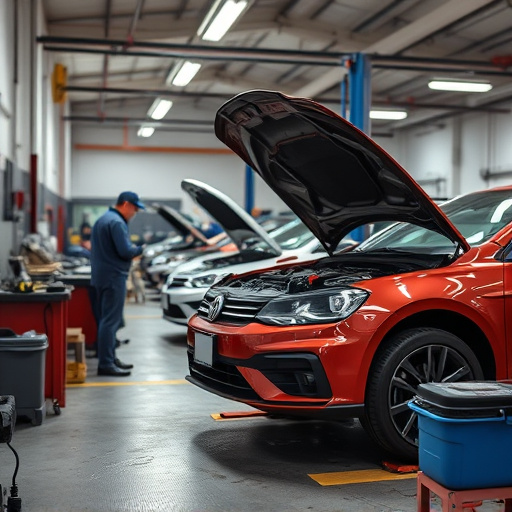Efficient collision repair shop management is key to minimizing delay concerns for customers. By implementing streamlined workflows, improved communication, efficient inventory control with digital systems, and staff training, shops can optimize scheduling, reduce wait times, enhance decision-making, and ultimately boost customer satisfaction through timely vehicle turnaround. These strategic practices address the primary issues causing delays in collision repair services.
In the fast-paced world of collision repair, managing delays is crucial for shop success. This article explores the intricacies of delay concerns in collision repair, offering a comprehensive guide for shop management. We delve into understanding the root causes of delays and present best practices to optimize efficiency. By implementing effective strategies, shops can minimize wait times, enhance customer satisfaction, and ultimately thrive in a competitive market. Discover proven techniques tailored to navigating the complexities of collision repair operations.
- Understanding Delay Concerns in Collision Repair
- Best Practices for Efficient Shop Management
- Strategies to Minimize Delays and Improve Customer Satisfaction
Understanding Delay Concerns in Collision Repair

Collision repair involves intricate processes that demand precision and efficiency to restore vehicles to their pre-accident condition. However, various delay concerns can significantly impact the timeline and overall success of the repair process. These delays are often related to factors such as parts availability, complex repairs like frame straightening, and the coordination of multiple specialists in auto bodywork.
Understanding these delay concerns is crucial for shop management. Effective communication between staff, efficient inventory management, and streamlined workflows can help mitigate issues with frame straightening or other auto bodywork tasks. By addressing these challenges proactively, collision repair shops can ensure timely service, maintain customer satisfaction, and optimize their operational efficiency.
Best Practices for Efficient Shop Management

Efficient shop management is key to minimizing delay concerns collision repair. Streamlining processes and implementing best practices can significantly reduce wait times for both customers and technicians. One effective strategy is to optimize scheduling by utilizing software that allows for real-time updates and efficient task allocation. This ensures that resources are utilized effectively, preventing delays caused by overbooked staff or backlogs.
Additionally, maintaining a well-organized inventory of parts and equipment specific to car dent repair and other vehicle repair services can expedite the repair process. Regularly updating and managing this inventory, especially for commonly used parts, helps avoid delays due to shortages. Embracing digital systems for record-keeping and communication also contributes to swift decision-making and better coordination among team members at the auto collision center.
Strategies to Minimize Delays and Improve Customer Satisfaction

To minimize delays and enhance customer satisfaction in collision repair, auto body shops must implement strategic practices. Proactive communication is key; keeping customers informed about their vehicle’s progress can significantly reduce wait times. Clear, regular updates ensure clients feel valued and involved, fostering trust. Additionally, streamlining the estimation process through digital tools or automated systems expedites initial assessments, enabling faster decision-making.
Efficient inventory management for parts, especially high-demand items like auto glass repair components, is vital. Car body restoration specialists should maintain robust relationships with reliable suppliers to prevent stockouts, which can extend repair timelines. Furthermore, training staff to anticipate potential issues and have solutions ready can prevent simple mistakes from becoming prolonged delays. These strategies collectively contribute to a smoother process, ultimately satisfying customers who receive their vehicles in a timely manner.
Delay concerns in collision repair can significantly impact customer satisfaction and shop profitability. By implementing best practices for efficient shop management, such as streamlined processes, effective communication, and technology integration, repair facilities can minimize delays. Adopting strategies to anticipate and address issues proactively ensures a smoother workflow, leading to improved customer experiences and enhanced business success in the competitive collision repair industry.

